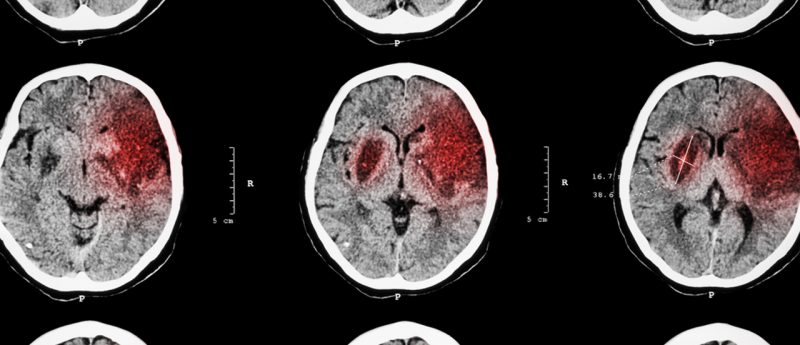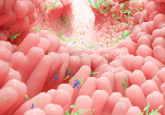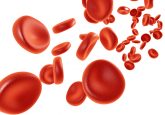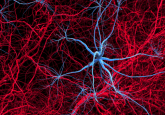Spider venom affords neuroprotection after stroke

Hi1a, a disulphide-rich spider venom peptide that could protect the brain from stroke-induced neuronal injury has been discovered by researchers from the University of Queensland (Brisbane, Australia) and Monash University (Melbourne, Australia). The study, published in Proceedings of the National Academy of Sciences, shows that Hi1a blocks acid-sensing ion channel 1a (ASIC1a) activation, a key mediator in further neuronal damage following cerebral ischemia. The small protein can provide up to 8 hours of protection after stroke onset and shows great promise for use in future treatments. Activation of ASIC1a is caused by a drop in pH following stroke. During the...




